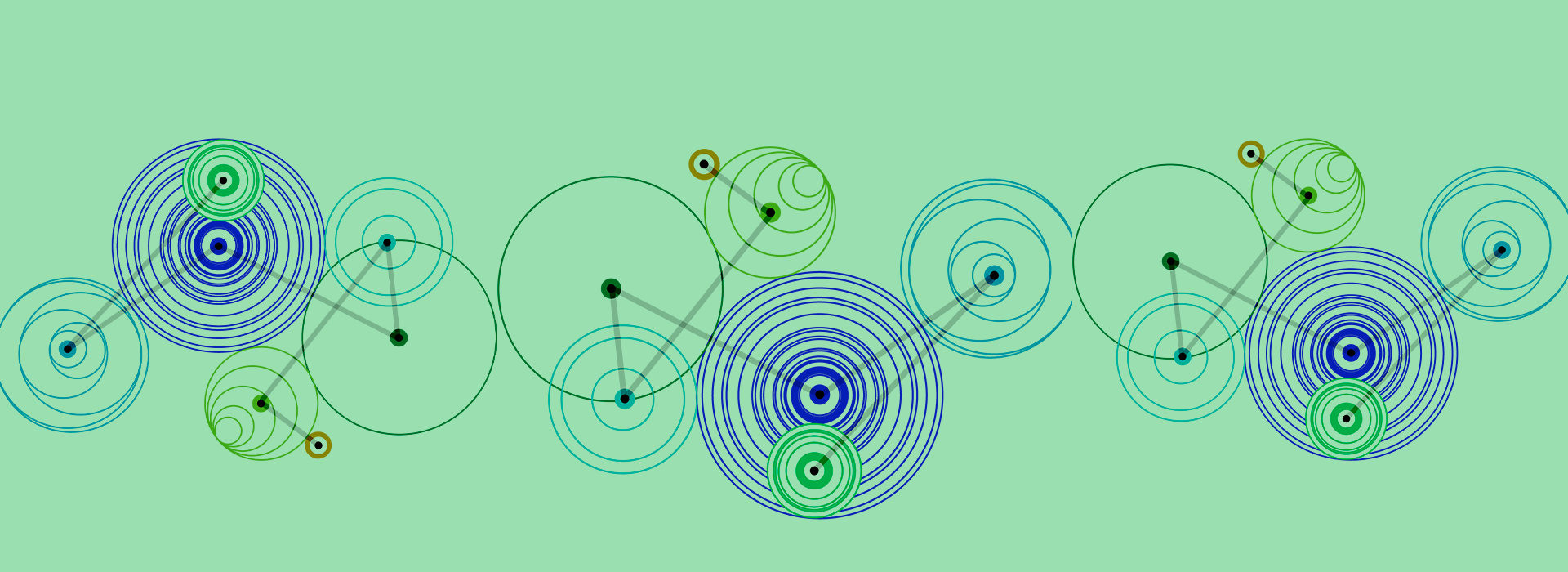Part of the RELIEF Centre 2021 Conference session: INFRASTRUCTURES, PUBLIC COMMONS, AND THE TOOLS TO REALISE THEM
Livelihood in Times of Uncertainty
George Melios
Classical labour market models have proved limited in capturing the extreme shocks precipitating macroeconomic instability and issues of under-employment, further intensified by mass displacement and demographic change. Our interdisciplinary empirical framework will produce deeper analyses of connections between macroeconomic instability, uncertainty, structural change and their consequences on real-world choices affecting livelihoods and wellbeing. Alongside empirical evidence, we will develop decision-support tools for vulnerable groups enabling efficient job search and matching, thus increasing employment chances. Empowering people to make better decisions about their livelihoods will have broader societal benefits as insecure, poorly paid jobs generate broad social and public health impacts.
Livelihood in Times of Uncertainty
Diala Makki
The combination of new nationwide restrictions attempting to contain Covid-19 along with a worsening economic crisis adds yet another layer of hardship onto some of the most vulnerable individuals in Lebanon. As businesses are shutting down, and are either laying off or reducing the working hours of their employees, vulnerable Lebanese alongside Syrian and Palestinian refugees - both Palestinian refugees from Lebanon (PRL), and Palestine refugees from Syria (PRS) - are likely to fall below the survival threshold and are henceforth pushed into informal employment in order to be able to afford basic services such as food, rent, and electricity
Future Education
Future Education is based on a collaborative and sustainable co-designing approach aiming to enhance teaching and learning opportunities for educators and students in Lebanon, from both refugee and host communities. Our research and programmes are based on close collaboration and long-term partnerships with academics, policy makers, educators and community members. Along with our partners in Lebanon we co-design and embed scaled up online and blended learning to address pressing educational and teacher professional development needs. Along with our partners including Jusoor, MAPs, The Lebanese University, the Lebanese American University, UNRWA, MEHE and CERD we have co-designed three Massive Open Online Collaborations.
Concepts as Tools
Mariam Daher and Nikolay Mintchev
We need to rethink what we mean by the concept of prosperity. In an age of unprecedented wealth, advanced technology and high productivity, the reality of ecological disaster, growing inequality and declining quality of life for so many people, suggests that something has gone astray in the way we envisage prosperity and progress. The dominant neo-liberal vision of prosperity as aggregate economic wealth must be critiqued for its shortcomings and failures. It must also be challenged by alternative and more imaginative frameworks that address structural challenges while delivering on better quality of life for the larger public. Posing such a challenge requires that we hold conversations on multiple levels and with a range of stakeholders – academics, policymakers, entrepreneurs, and members of the public, among others – about how prosperity can be rethought and what it takes to deliver positive change.
CatalyticAction: Public spaces and vitality
Much has changed in Lebanon in the past year, economic crisis, pandemic threats and the Beirut port explosion, one of the most distressing and destructive events that didn’t only impact drastically the neighbourhoods’-built infrastructure but also people’s safety, security and wellbeing.
We realised the public realm of our cities, the streets, public parks, alleys, squares… have become more important than ever! Engaging the diverse local communities to co-create research and co-design their spaces is the only way forward towards impactful interventions that capacitate, recover, build trust and ownership.
Public spaces are crucial for the city’s vitality.
FORMS OF VITALITY IN THE CITY, THE CAMP, AND INFORMAL SETTLEMENTS
FORMS OF VITALITY IN THE CITY, THE CAMP, AND INFORMAL SETTLEMENTS | 3:00 PM - 3:50 PM EET
The Vital City approaches Vitality as a process of urbanization and urban transformation. In the midst of a crisis and a health pandemic in Lebanon today, this session will explore research considerations in the current context, vitalist modes of being and the ways public/social spaces enable the reconstruction of a healthier, more vital Lebanon.





